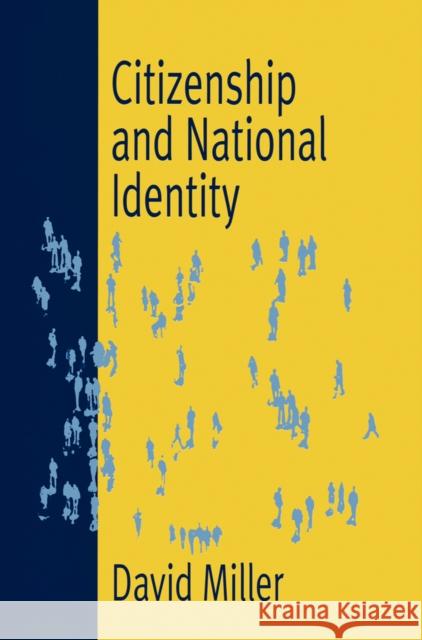Citizenship and National Identity » książka
Citizenship and National Identity
ISBN-13: 9780745623948 / Angielski / Miękka / 2000 / 224 str.
A good political community is one whose citizens are actively engaged in deciding their common future together. Bound together by ties of national solidarity, they discover and implement principles of justice that all can share, and in doing so they respect the separate identities of minority groups within the community.
In the essays collected in this book, David Miller shows that such an ideal is not only desirable, but feasible. He explains how active citizenship on the republican model differs from liberal citizenship, and why it serves disadvantaged groups better than currently fashionable forms of identity politics. By deliberating freely with one another, citizens can reach decisions on matters of public policy that are both rational and fair. He couples this with a robust defence of the principle of nationality, arguing that a shared national identity is necessary to motivate citizens to work together in the name of justice. Attempts to create transnational forms of citizenship, in Europe and elsewhere, are therefore misguided. He shows that the principle of nationality can accommodate the demands of minority nations, and does not lead to a secessionist free-for-all. And finally he demonstrates that national self-determination need not be achieved at the expense of global justice.
This is a powerful statement from a leading political theorist that not only extends our understanding of citizenship, nationality and deliberative democracy, but engages with current political debates about identity politics, minority nationalisms and European integration.











